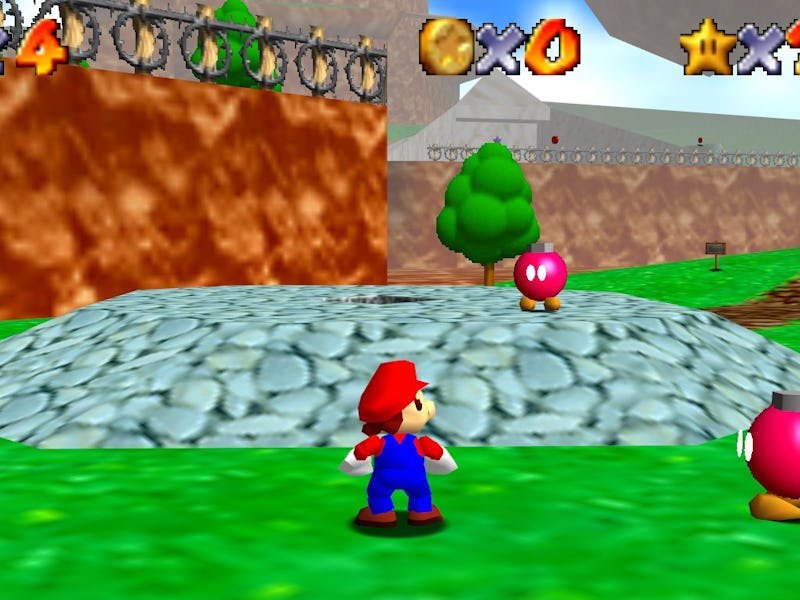Keep Gaming Forever to Save Your Brain, Scientists Say
Playing video games is better than learning to play the piano. Take that, parents!

Video games are part of the long, long list of supposedly lowbrow pop culture items that people are convinced will rot your brain. It’s got plenty of company alongside the likes of television, comic books, and pop music — if you go back far enough, you can probably find some ancient Sumerian claiming this whole writing business will do nothing but make people dumber — but a new study suggests a steady diet of gaming well into old age could actually help keep people’s brains healthy.
As psychologists from the University of Montreal write Wednesday in the journal PLOS ONE, research participants who played 3D platforming games like the iconic Super Mario 64 had more gray matter in their hippocampus after playing. That part of the brain is super important for some of the most important memory functions, like transforming short-term memories into long-term ones and maintaining the spatial memory that helps us navigate the world around us.
Previous studies had only tested this on young men in their 20s — a prime gaming demographic, basically — but the researchers wanted to see if senior citizens could get the same hippocampus-related perks from playing platformers. They recruited 33 people aged 55 to 75 and had them either play Super Mario 64 regularly, take piano lessons for the first time, or do nothing.
In what is an all-time upset victory for the lazy slacker crowd, stomping Bob-ombs and catching Bowser by the tail noticeably increased the seniors’ gray matter, whereas those playing piano or doing nothing saw no changes in their brain’s health. The hippocampus and cerebellum — which is involved in motor control and language, among other functions — both had more gray matter, and the gaming seniors had better short-term memory afterward.
Researcher Gregory West says video games like Super Mario 64 make the hippocampus build a cognitive map of the virtual environment, which is a great way to reverse the atrophy of gray matter that normally happens as people get older.
“The good news is that we can reverse those effects and increase volume by learning something new, and games like Super Mario 64, which activate the hippocampus, seem to hold some potential in that respect,” West said in a statement. “It remains to be seen whether it is specifically brain activity associated with spatial memory that affects plasticity, or whether it’s simply a matter of learning something new.”
It’s always worth being cautious about just how much a new finding will translate to health benefits for the general population, especially when just 33 people were involved, but the theoretical potential of this study is immense. The researchers say gaming might even be helpful in staving off Alzheimer’s disease.
Whether future studies bear that out, make no mistake: You’re never too old for gaming, and, if anything, some of us are still too young to get the full benefit of it. Also, this just adds to Super Mario 64’s legend as the official greatest thing ever.